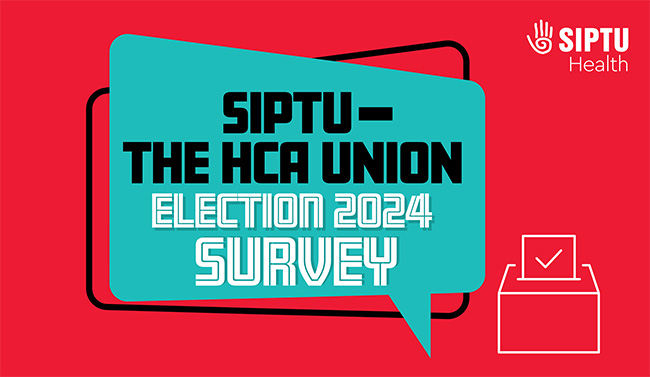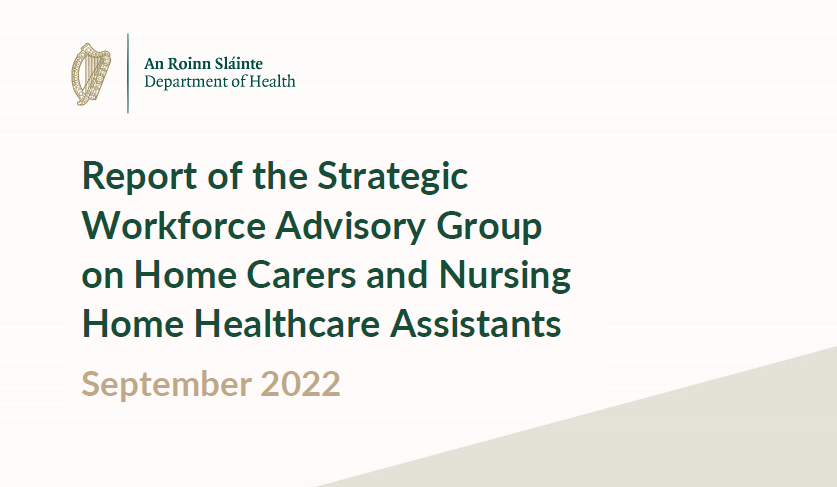Report shows major pay gap between Health Care Assistants in public and private employment
A new report from the European Federation of Public Service Unions (EPSU) has revealed a significant pay gap between the earnings of Health Care Assistants (HCAs) in the public and private sectors in some European countries, including Ireland.
The Report, Wage Watch: A Comparative Study of Health Care Assistant and Nurse Wages Across Europe, drew from the expertise of affiliate trade unions from fifteen European countries. As the Union of Health Care Assistants in Ireland, SIPTU contributed to the study. When all payments are factored in, the Report found a 30% wage gap between HCAs employed in public and private settings in Ireland.
SIPTU Sector Organiser, Sharon Cregan, said: “The EPSU report vindicates what SIPTU has been saying for years. There is a big disparity in pay between public and private healthcare for HCAs. The Report seems to indicate that it is not just an issue in Ireland.
“Current starting pay for a HCA commencing employment in the public service is €16.92 per hour and this rises to €21.39 per hour when they reach the top of their incremental pay scale. In theory, a HCA in the private sector could earn as little as minimum wage which is currently set at €12.70 per hour.
“Private healthcare employments are often hostile to trade unions, resulting in workers within such employments having no access to collective bargaining. Without collective bargaining, they lack effective means of securing decent pay rates and enhanced terms and conditions of employment.”
Cregan added: “SIPTU has continuously called for a collective means of addressing pay in the private nursing home and home care sectors. We are also calling for HCAs in all settings and employments to be recognised and adequately remunerated for the essential role they play within the healthcare system.”
HCAs in the public service have seen their annualised salary increase by approximately 24% between 2016 and 2023. They are due further pay increases on annualised salary under the current Public Service Pay Agreement of more than a cumulative 5% up to June 2026.
You can access more information on the report here.




